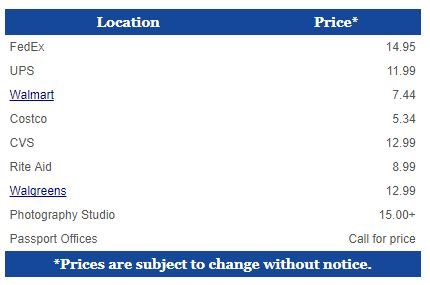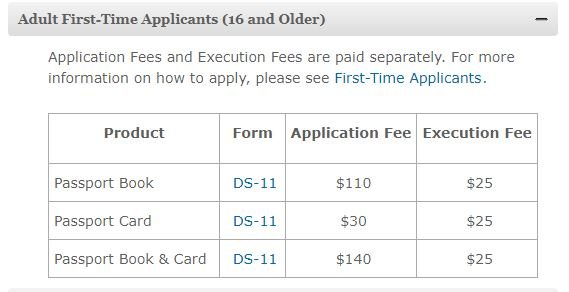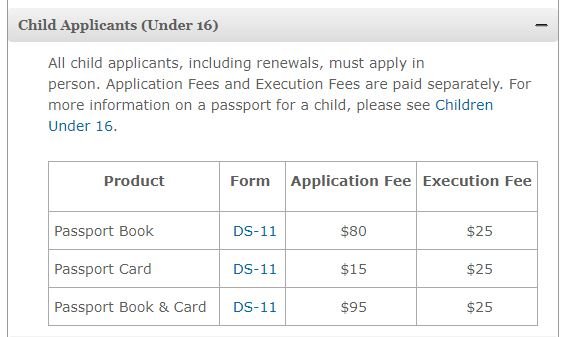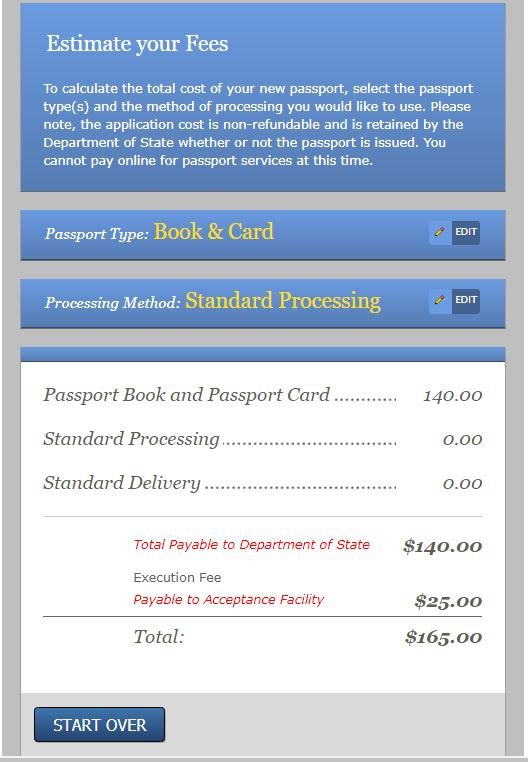Land of the Free, Home of the Brave, and the seat of a veritable Dictator in the making.
Part 1 in a series on: What you should know about Passports, Second Passports, and Getting Yourself Prepared for Domestic Disasters.
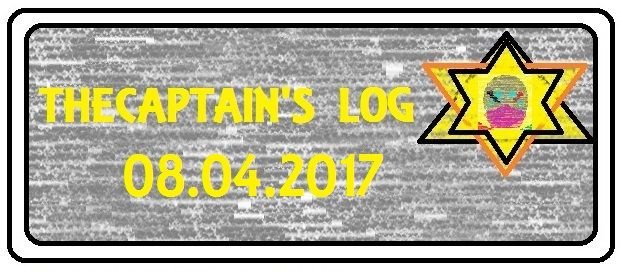
While none of us may want to abandon what had a good chance at being what it purported to be, The Greatest Country in the World, it is very clear that the current path our nation is on is not the brightest one. While the signs may not be evident to some, American Citizens are currently under attack from within our own borders. Without major intervention, things will not stay successful in the United States. Acquiring a US passport is the first step in getting yourself the ability to leave the US If domestic disasters start to become more and more rampant.
As Americans we have always tried to put the safety of our families, our communities, and our countries first. With valiant endeavors like starting local fire departments to take care of issues in our cities to joining our nation’s armies, Americans have always wanted to look out for each other. Sometimes these effort were not placed in the right hands and we gave up our liberties to gain a false sense of security.
With near constant reports of domestic terrorist attacks, the threat of foreign enemies always heralded, the possible impending loss of net neutrality and the current government regime seeming to be fishing to go as far as inciting martial law Americans need to prepare themselves against issues that should never exist in the first place.
Being an American is not about what our government is doing. Being American is about the values we keep in our hearts, and the way we treat our peers in our communities. It’s about the way we conduct business and the way we aim to raise our families. Being American to the rest of the world, however doesn’t look the same as the ideal image we have created for ourselves and have tunneled our sight into seeing.
The rest of the world often sees us as a problem. There was a time when traveling abroad as an American was a bit of an issue and wearing a Canadian Flag pin on your jacket or backpack was the norm. With the current presidency making a fool of our nation, things might be headed that way again. It’s time to make sure that we are doing the right thing and protecting our families as best we can. Putting our best foot forward, and powering through while helping our community is the American way.
So, What is a Passport and How do I Get one?
The need for a passport is constantly growing. What used to be a document to make travel easier and safer is now becoming a necessity. Flying domestically is becoming harder and harder; in January 2018 we will no longer be able to use some of our IDs to fly. All US states do not offer a Real-ID identification card, and if youre a person from one of those states, it would definitely behoove you to invest in a passport before the government makes it all the more tough to travel by forcing you to purchase the potentially highly problematic Real-ID card.
With our borders being policed in a way nearly reminiscent of that of a malignant dictatorship we all need to make sure we are in the best positions possible to handle any issues that may occur in these areas. The bulk of the American populace lives within 100 miles of the borders around the US. These areas have recently been thrust into a state of distress and we should all be made aware of this. While counteracting this issue is something we should be pressing our representatives to counteract, we can take personal measures to ensure our own safety in the mean time.
Passport Faq:
How to get a US passport
Prerequisites
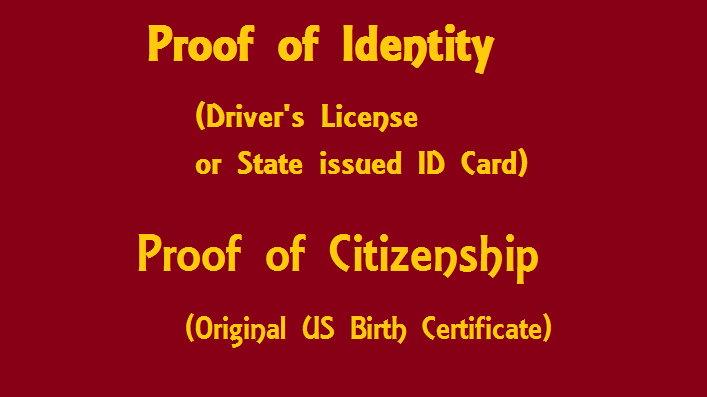
Proof of US Citizenship: An original birth certificate or a previously issued (undamaged) US Passport
Proof of Identity: A Valid drivers license or State ID that was issued over 6 months ago
While you likely have access to most of these, if not all of these documents, some Americans don’t have these on hand. Make sure you’re one that does! If you don’t have these items, this website lists a few things you can do to if you’re in that situation.
You’ll also need a Passport Photo. These are photos that have been taken in the past 6 months that meet the requirements of being 2X2 inches in size, not taken in a vending machine style photo-booth, and with glasses removed. There are more restrictions on them that can be found here. Passport photos can be taken in places like your local pharmacy chain, big box stores like Walmart and Costco, and even shipping centers like the UPS store and FedEx.
Prices, Fees, Restrictions
The Department of State’s US Passports and International Travel Website lists the prices and fees associated with purchasing a passport in a neat chart as well as in the text on the site. There are separate fees for shipping your passport as well, so take notice of that when you’re on the website. Luckily, for the lazy among us their website features a fee calculator as well!
The cost of a US Passport does not stop here, however. There are additional expenses such as the price of postage, your Passport Photo, and likely fees for the envelopes and postage you use to send your application materials in. Luckily some Americans won’t have to personally pay for their passports at all- see my note to College Students at the end of the article for more information on that.
This website features a good article on all of the prices and fees one might need to use in their calculations for the total cost of their Passport(s).
Reproduced here is the chart, from the travel.state.org website, showing the price and fees for a US Passport for an Adult that is applying for the first time:
The prices for a Child’s first Passport is a bit cheaper:
Here is an example of your total fees if you are purchasing a Passport Book and Card for an Adult American (sans the fee for the passport photo, of course):
Passport Card vs Passport Book
The difference between the Passport Card and the Passport book is pretty simple. The Passport Book is a little over twice the price of the Passport Card, but it seems to be worth it- It allows you to travel anywhere a US Passport is accepted while a Passport Card is only for travel by land or sea to Canada and Mexico ONLY. I'd recommend getting both, but the choice is yours.
If you feel you’ve read enough and want to start applying now, you can head here to start your online application form
Additional Information
“Please be aware that most U.S Post Offices and public libraries require an appointment to execute a sealed envelope with the documents, you may need to verify with your local agency if they seal passport documents and set an appoint for the earliest available time…Please [also] ensure that the executed sealed envelope is further placed in a separate mailing envelope so as not to get damaged or opened by an unauthorized agent in error.” (tip found here)
There are also “Passport Acceptance Fairs” that happen around the US that aim to make getting your passport easier. Check here or here for details.
Click here for ways to contact the Department of State in regard to passport information, inquiries, and comments.
A Special Note to Indigenous/Native Americans:
Another reminder that times are changing. Some border officials may not even recognize your tribal cards as valid identification. “Since 2009, you needed, and you will ABSOLUTELY need, a Western Hemisphere Travel Initiative-approved document to travel in and out of the United States.” Get everything you need early.
Here is a very inclusive post on what you should focus on- especially if you live on tribal land
A Special Note to College Students:
Many universities offer to pay for your passport, or to reimburse you for your passport (typically for first year students). Contact your school for further details. Temple University offered this to students, but Howard University does not, for example.
